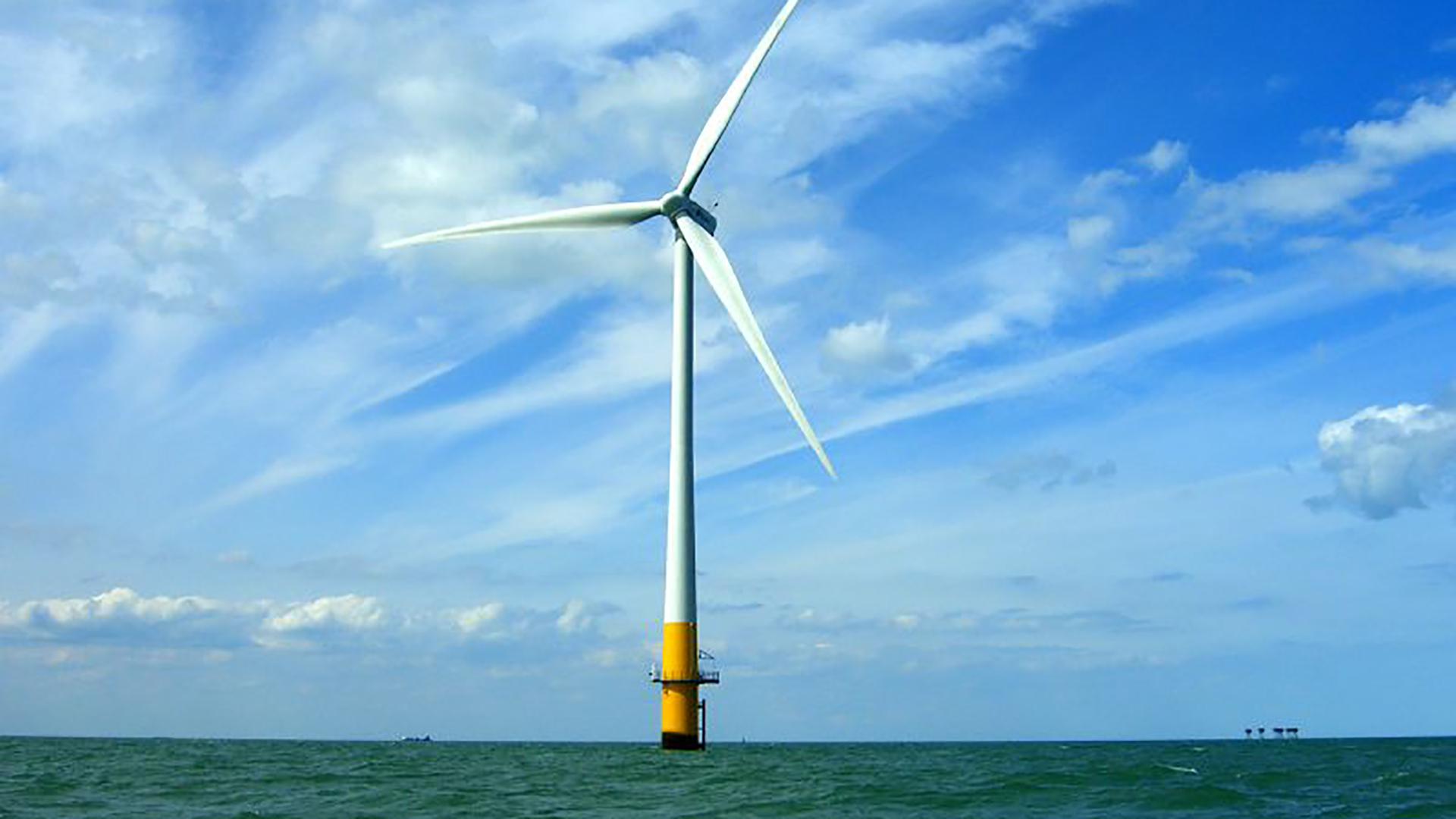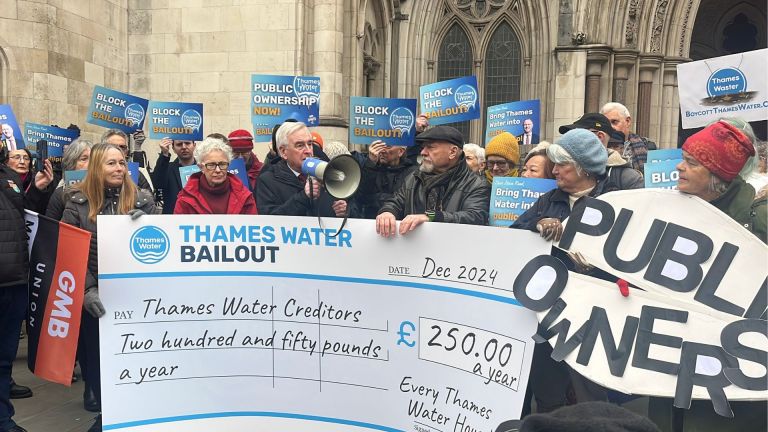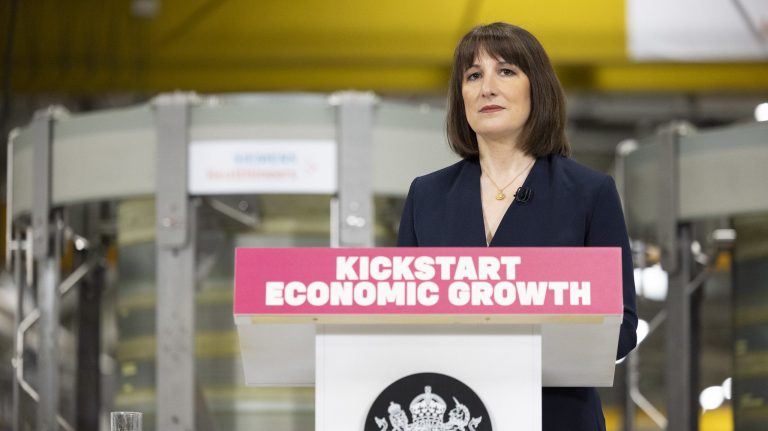Renewable energy sources have generated more electricity than fossil fuels in the UK for the first time.
According to Carbon Brief, windfarms, solar panels, biomass and hydro plants produced around 29.5 terawatt hours (TWh), compared to just 29.1TWh from power stations fired by coal, oil and gas.
It’s the first time renewables have outpaced fossil fuels since the UK’s first public power station opened in 1882. However, the country will still have to do much more if it is to meet its new goal of being zero-emissions by 2050.
Just a decade ago, fossil fuels generated more than 10 times more electricity than renewables. Now power from burning coal counts for less than one per cent of all the UK’s electricity.
Luke Clark, director of strategic communications at RenewableUK, said the rise of renewable energy is a great thing “not just for the environment but also for consumers”, pointing to affordable wind and solar power prices which are at an all-time low.
“The expansion of clean power is set to accelerate in the years ahead, as our offshore wind capacity will more than treble by 2030, generating more than a third of the UK’s electricity,” he said.
“The public wants to see faster action to tackle climate change and meet our net zero emissions target.”
He wants the government to back technologies like onshore wind and marine renewables the same way as it sports offshore wind farming so that people and businesses can feel the full benefits of a low carbon economy.
The energy tipping point came this year after a slew of new offshore wind farms was developed.
Soon the UK will only have four coal plants left – in Nottinghamshire, North Yorkshire and Northern Ireland – with two set to transition to gas in the next couple of years.









